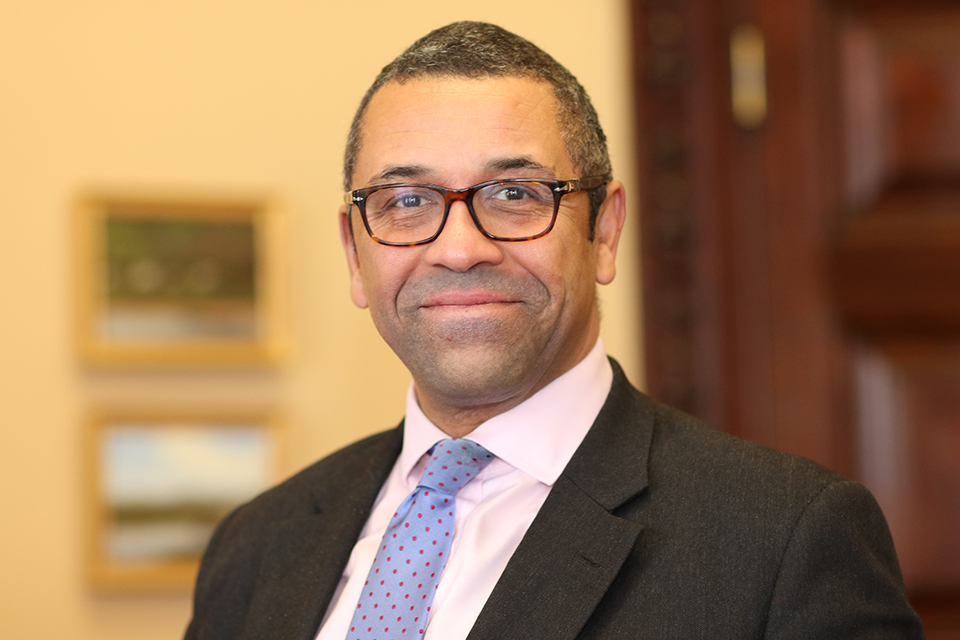
Singapore International Cyber Week: Adapting to the new normal
Published By GOV.UK [English], Thu, Oct 8, 2020 11:01 AM
Good afternoon from London.
Thank you Ms Yong Ying-I for the introduction and the challenging question. I want to thank Minister Iswaran, David Koh, and the entire Singapore team for successfully bringing us together at such a challenging time. This is my first experience of Singapore Cyber Week so it’s a real pleasure to be here, although when I say here, I mean virtually. I feel this will be a test of our internet connectivity!
In answer to your question on economic potential, the UK is enriched by digital technology and has embraced its benefits wholeheartedly – for example in 2018 the digital sector contributed £149 billion to the UK economy. We firmly believe that new technology is an opportunity to be embraced, not feared.
With that said cyberspace is a place where threats lurk and change happens at great speed. In 2019 the UK’s National Cyber Security Centre handled 658 incidents, an increase of over hundred compared to the previous year.
COVID-19 has escalated existing trends in digital adoption. Just as we have seen more people working, socialising and buying online, we have also seen a rise in cyber-attacks, misinformation and online harms. These threats endanger all of us.
International cooperation
We must use our collective voices and actions to reaffirm that international law applies in cyberspace, just as much as it does in our normal lives. It is not the Wild West. The current UN processes have built a platform for common understanding and norms of behaviour. We now need to develop those norms into practical areas of cooperation.
We must do more to deter harmful behaviour. Sadly, malicious actors have taken advantage of COVID-19. We have seen attacks made on pharmaceutical companies in order to steal valuable research on vaccines. Just as NATO has built a powerful deterrent against aggression on land and sea and in the air, we must do the same in cyberspace.
We must shape the standards of new technology to ensure individual security, safety and privacy. The rapidly expanding Internet of Things is a good example of where the UK and Singapore have both led initiatives to promote security in design.
We must promote digital inclusion and responsible digital transformation in emerging markets, so that more people can access the social and economic benefits of digital technologies in a sustainable and secure way.
And we must ensure a secure, free flow of data across borders. This is the lifeblood of trade in a modern economy.
Working Together
The UK firmly believes that working with others to share expertise and build capacity, both to take advantage of this technological revolution and increase our common resilience against threats.
I am pleased to announce that we have extended a Memorandum of Understanding with Singapore to help Commonwealth nations build their cyber incident response capabilities.
Together, we are doubling our total investment since the Commonwealth Heads of Government Meeting in London to £1 million. Almost half of Commonwealth nations are now setting up national cyber security incident response teams. This is one of the key commitments in the Commonwealth Cyber Declaration, endorsed by my Ministerial colleague Lord Ahmad in 2018.
Everything I have said today is about partnership. We want to continue working with you all to harness the benefits of our increasingly interconnected world.
Challenges will always exist. Today they include COVID-19, geopolitical tensions, new technology, and climate change. They all, not only require national but also global solutions. And it is the same for cyberspace.
As long as we work together, cyberspace can make us all more prosperous, more secure and more interconnected.
Thank you.
Press release distributed by Media Pigeon on behalf of GOV.UK, on Oct 8, 2020. For more information subscribe and follow